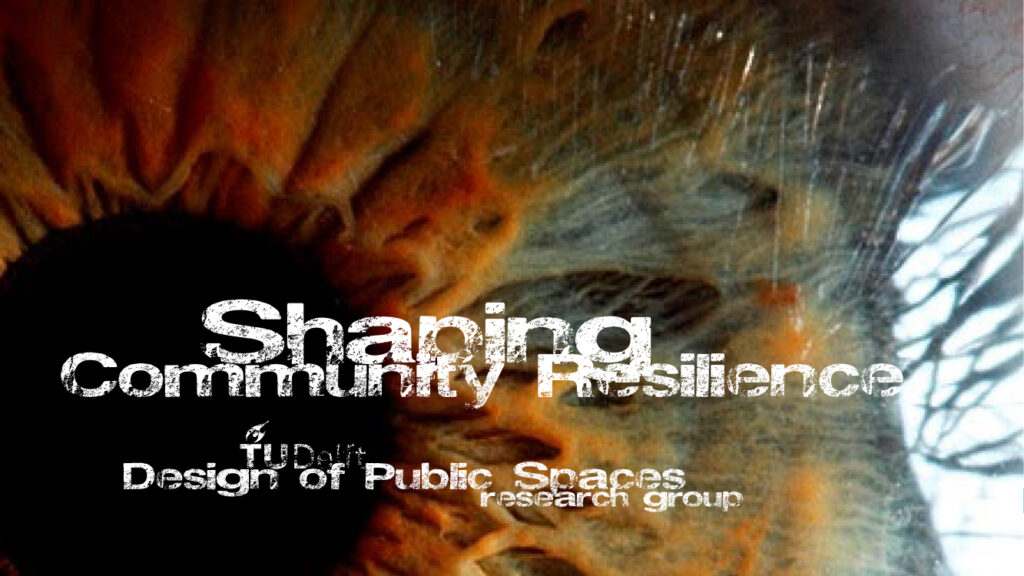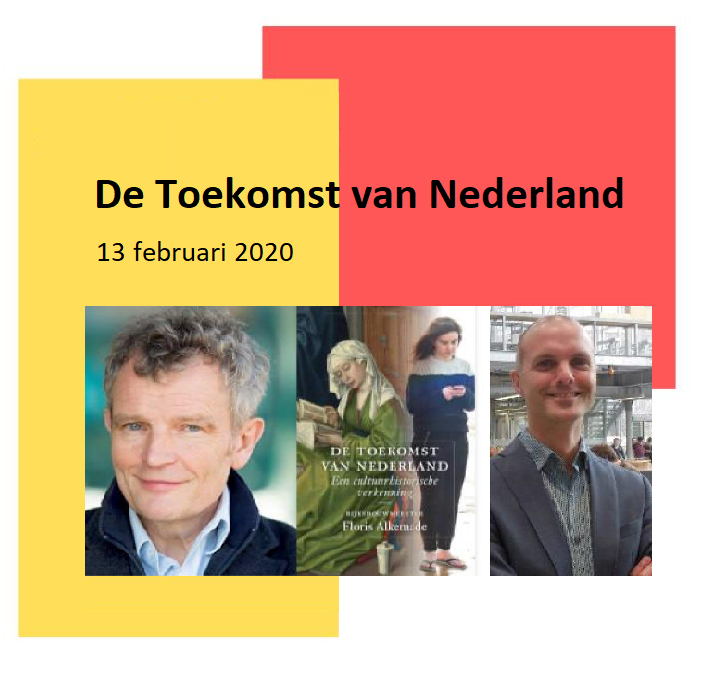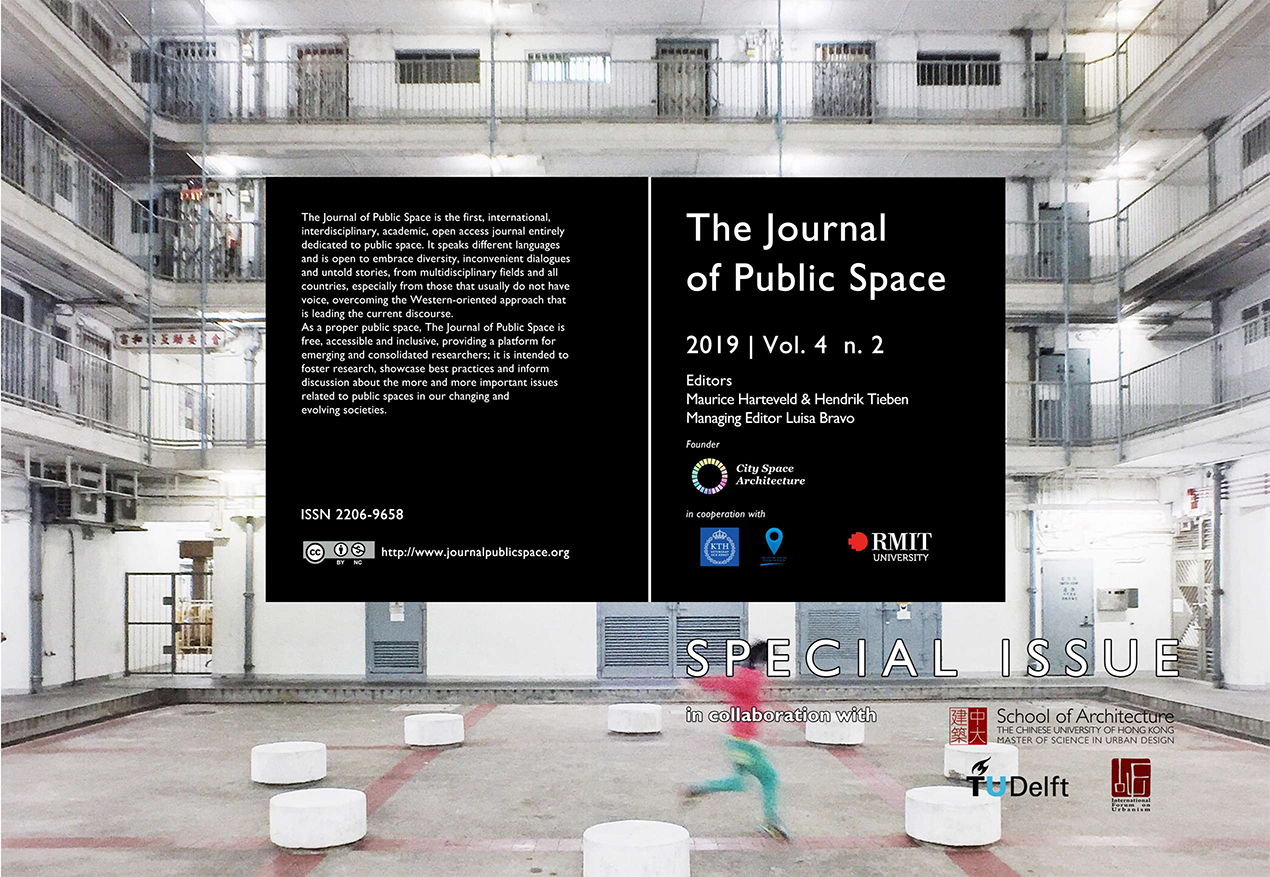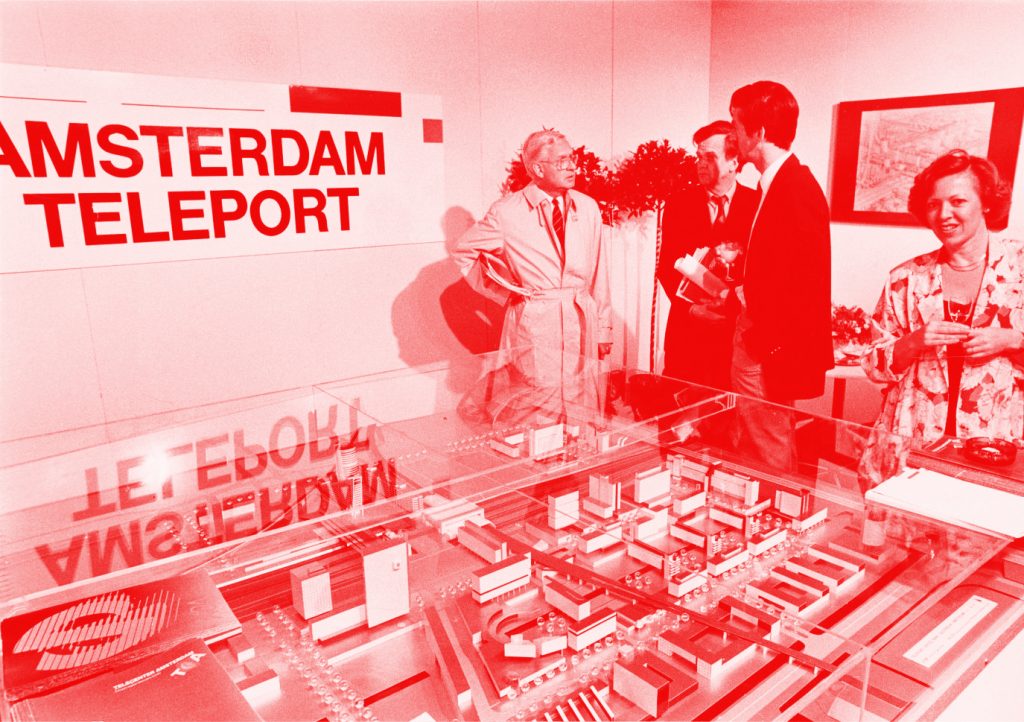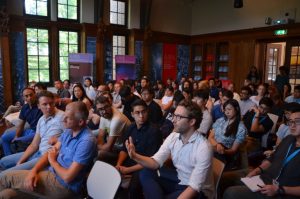Conflicts and Discoveries in the Design of Public Space
This lecture has been part of a course for Ph.D. candidates in philosophy, co-organised by The Dutch Research School of Philosophy (OZSW), and the 4TU Center for Ethics and Technology. The course discusses approaches like value-sensitive design and ethics-by-design, becoming popular over the last decade to integrate values, and other moral considerations in design. The lecture follows upon other presentations which have introduced some of the critical underlying philosophical foundations and issues of such approaches. It discusses what values are, and have been navigating in the urban design thinking on public space and whether, and to what extent, these values have been, and still are dynamic in terms of ‘value change’. The lecture also discusses in more detail the ‘value conflicts’ which go along with the value dynamics in the design of public space, and, philosophically as well as in terms of their design application, it questions the values in themselves.
The Dutch Research School of Philosophy (OZSW) – Design for Values 2022
5 – 16 September 2022, with the keynote on 9 September.
See also: Matter Space Change

